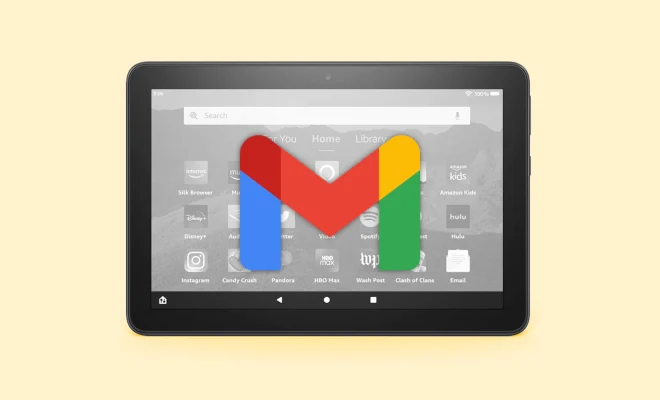Bitcoin Is Slow: What Is the Fastest Cryptocurrency & Blockchain?

Bitcoin, the original cryptocurrency, has become a household name in recent years. It has gained popularity as a decentralized digital currency that offers a secure and transparent way of making transactions. However, one of the biggest challenges that Bitcoin faces is its slow transaction speed.
While Bitcoin transactions are secure, they are also slow and can take up to 10 minutes to complete. This is because the Bitcoin network was designed to process a limited number of transactions per second, making it difficult to scale for increased demand.
Fortunately, there are newer cryptocurrencies and blockchain technologies that are built to overcome this issue. Here are some of the fastest cryptocurrencies and blockchains that are worth knowing about:
1. Ripple
Ripple is a payment protocol and cryptocurrency that was designed to offer faster, more efficient, and more reliable cross-border payments. It uses a consensus algorithm that enables transactions to be processed within seconds, making it one of the fastest blockchains in the world.
Ripple is also backed by some of the biggest banks and financial institutions globally, making it an industry leader in terms of adoption and mainstream acceptance.
2. EOS
EOS is another decentralized blockchain that has been designed to offer scalability, speed, and flexibility. EOS has a unique consensus algorithm that enables its network to process thousands of transactions per second, making it faster than Bitcoin.
EOS is also highly flexible, as it allows developers to create and deploy their own decentralized applications (dApps) on its platform.
3. TRON
TRON is a blockchain-based platform that allows developers to create dApps and run smart contracts. It is also one of the fastest blockchains in the world, as it can process up to 2,000 transactions per second.
TRON is also highly scalable and has been designed to work in a secure and decentralized manner.
4. Nano
Nano is a cryptocurrency that is built on a unique blockchain technology called the Block Lattice. This technology allows each user’s account to have its own blockchain, enabling transactions to be processed in a matter of seconds.
Nano is also highly energy-efficient and eco-friendly, as it uses significantly less energy than some of the other blockchain technologies currently in use.
Conclusion
Bitcoin may have paved the way for the cryptocurrency industry, but it is not without its challenges. Its slow transaction speed has made it difficult to scale for increased demand, which is why newer cryptocurrencies and blockchain technologies like Ripple, EOS, TRON, and Nano have emerged to offer faster, more efficient, and more secure ways of making transactions. As the cryptocurrency industry continues to mature, it is likely that we will see even more advancements in blockchain technology to offer faster and more scalable solutions for the future.





